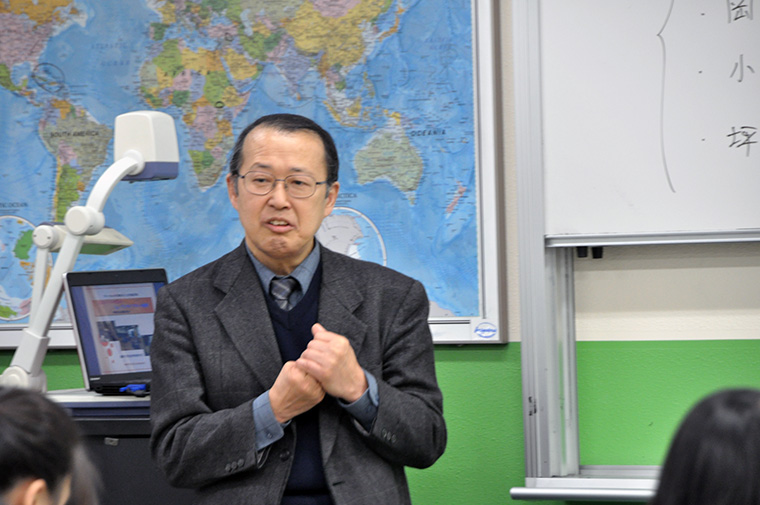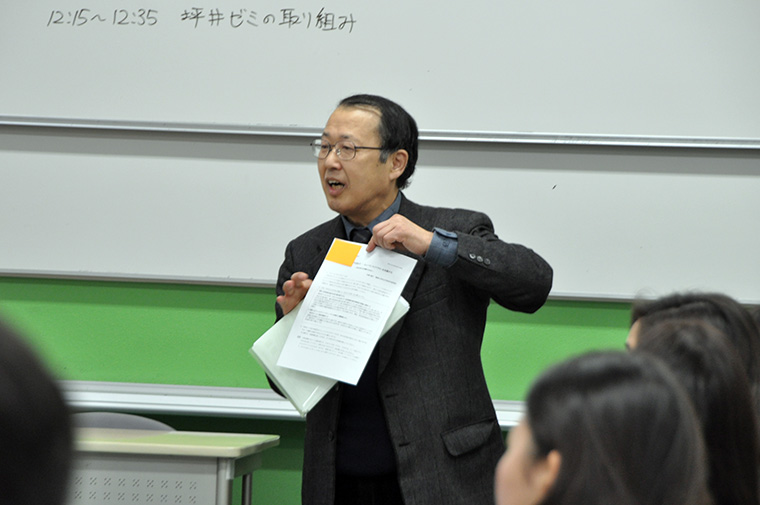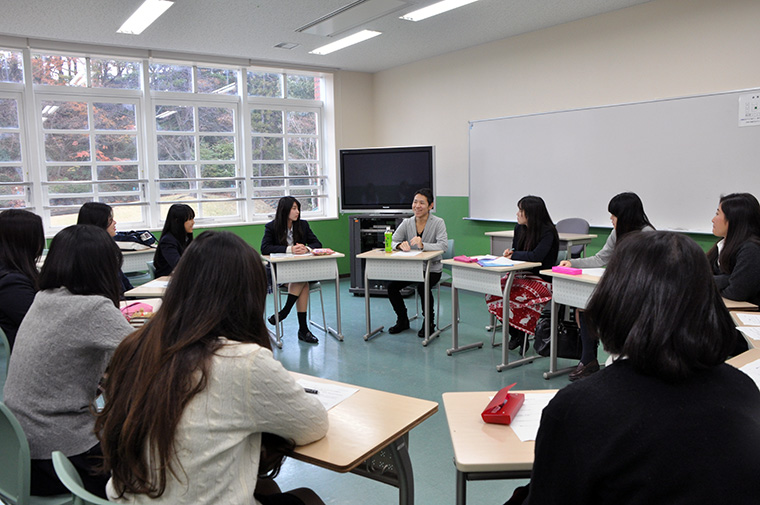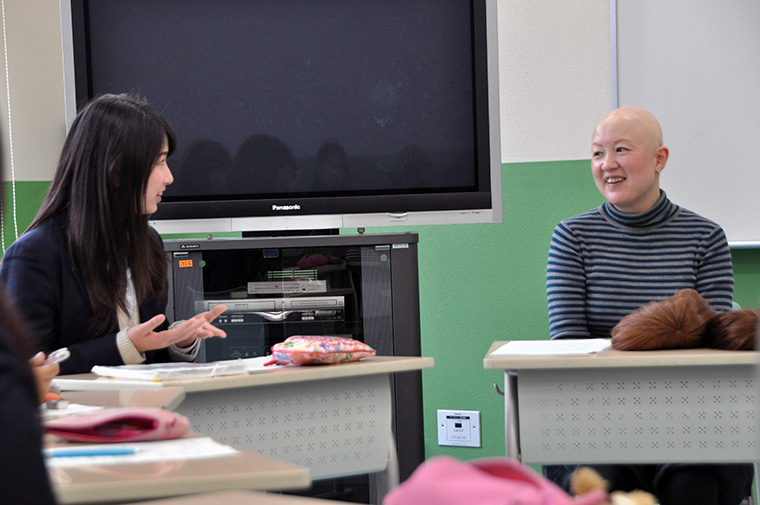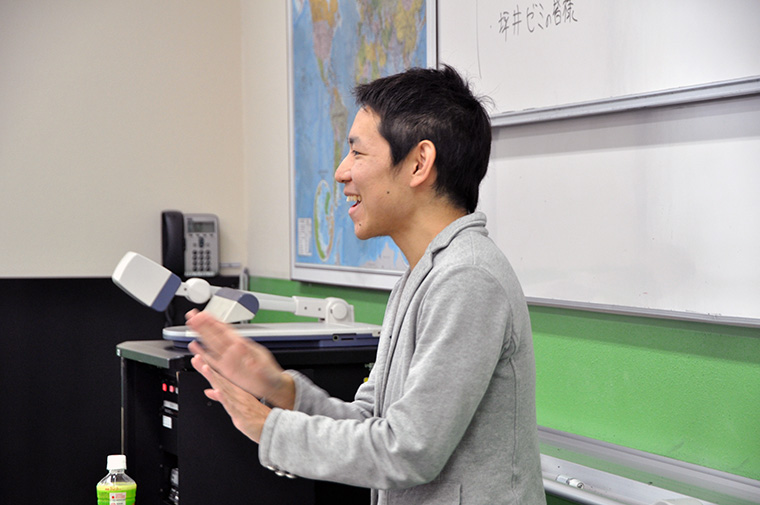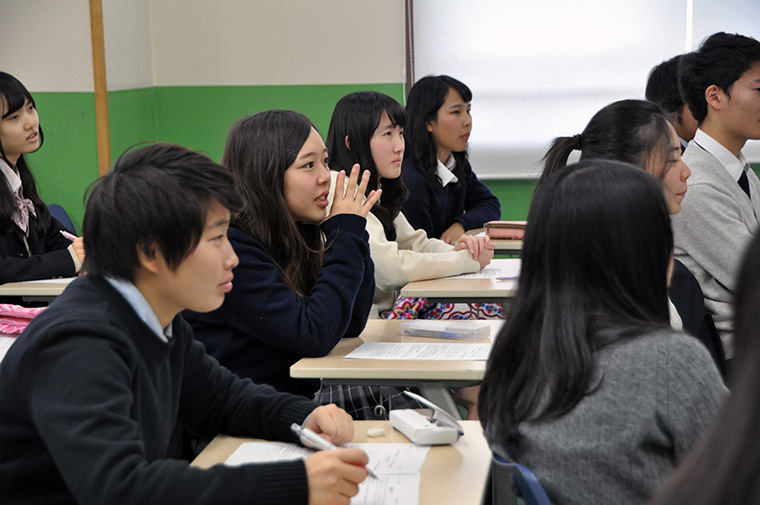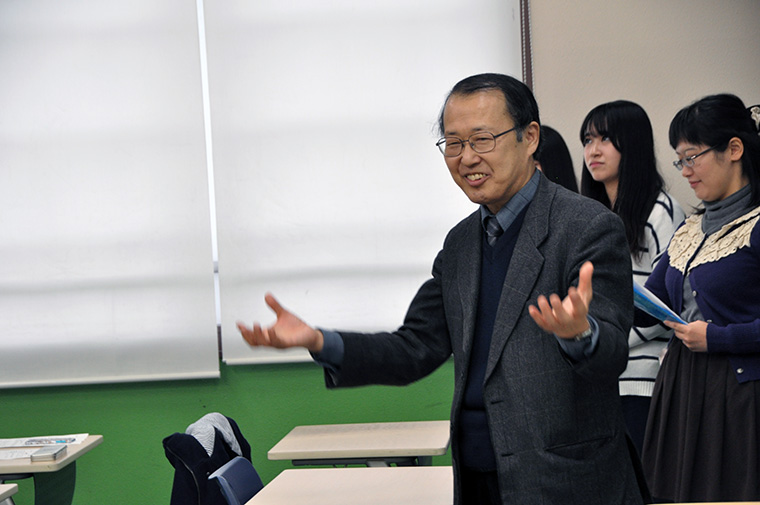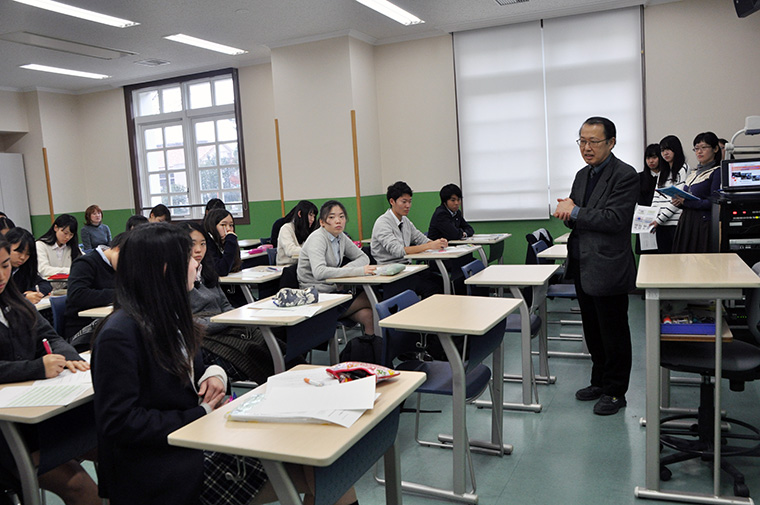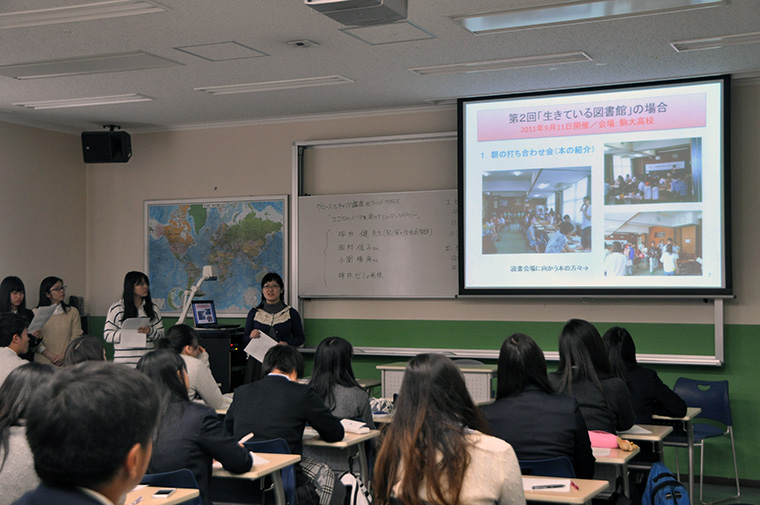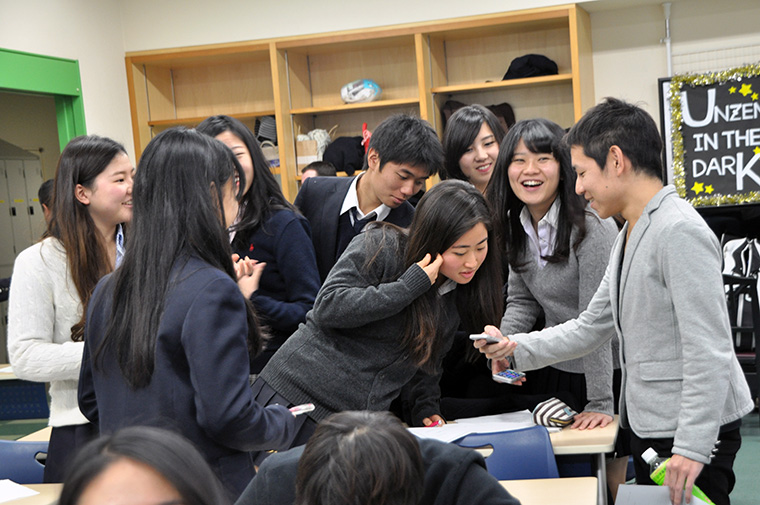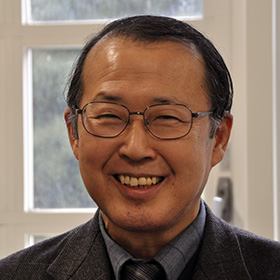The 13th lecture of the Global Career Lecture Series was given by Prof. Tsuboi from the Department of Sociology, Faculty of Letters, Komazawa University and students in his seminar. Prof. Tsuboi has been working on activities for the ‘Human Library’, which a young Dane started in 2000.
The Human Library is conducted in over 70 countries because of its high level of effectiveness in regard to melting mind barriers. In activities from the Human Library, social minorities are lent as “living books” to “readers” as is done in normal libraries. As the living books and the readers talk to each other, they are expected to deepen a mutual understanding and overcome prejudices. This time, the lecture gave the attendants a hands-on experience from the Human Library which was a different lecture style from the previous ones.
Prof. Tsuboi introduced two living books who were to talk in the lecture, and explained precautions to be taken regarding their handling and how to read them. Activities in the Human Library are usually conducted in face-to-face communication by one to three people. This time the students were divided into two groups, and each group listened to each book’s story.
The ‘books’ were Nobuko Okamoto, who had a condition in which she lost her body hair, and Harumi Koseki, who was a gay, a sexual minority. One group of the students moved to the next classroom, and each group greeted the book in their classroom.
Ms. Okamoto put her wig off and asked, “What do you think about my appearance first?” Then, she objectively told the facts about how people see her with a more prejudiced eye than we think. The conversation between her and the students as readers went on with a warm atmosphere thanks to her cheerful character.
Mr. Koseki explained about his feelings and the process in which he came to notice his difference from other people, and of when he came out to his family and people close to him. “My college life expanded my field of activities and broadened my horizons, and my inner conflict was reduced, ” he said in a soft tone.
Listening to their stories and feelings about the moments from their experiences, the students all gradually opened their minds. The books and readers were actually communicating with each other without words at some points.
After each group finished reading the books, they gathered in a classroom and exchanged
their remarks. Again, Prof. Tsuboi explained the effectiveness and potential of the Human Library.
The students all listened keenly to Prof. Tsuboi: A living book can also take a role as a reader and vice versa; actually, minorities are closer to us than we think; by talking in small groups, others’ stories become more related and are no longer only others’ affairs. Their mind barriers should melt away through those experiences.
After that, the Professor’s students introduced their activities of the Human Library, and showed that their efforts were beginning to take root across Japan.
After the lecture the two books and students were able to interact and talk about everything.




